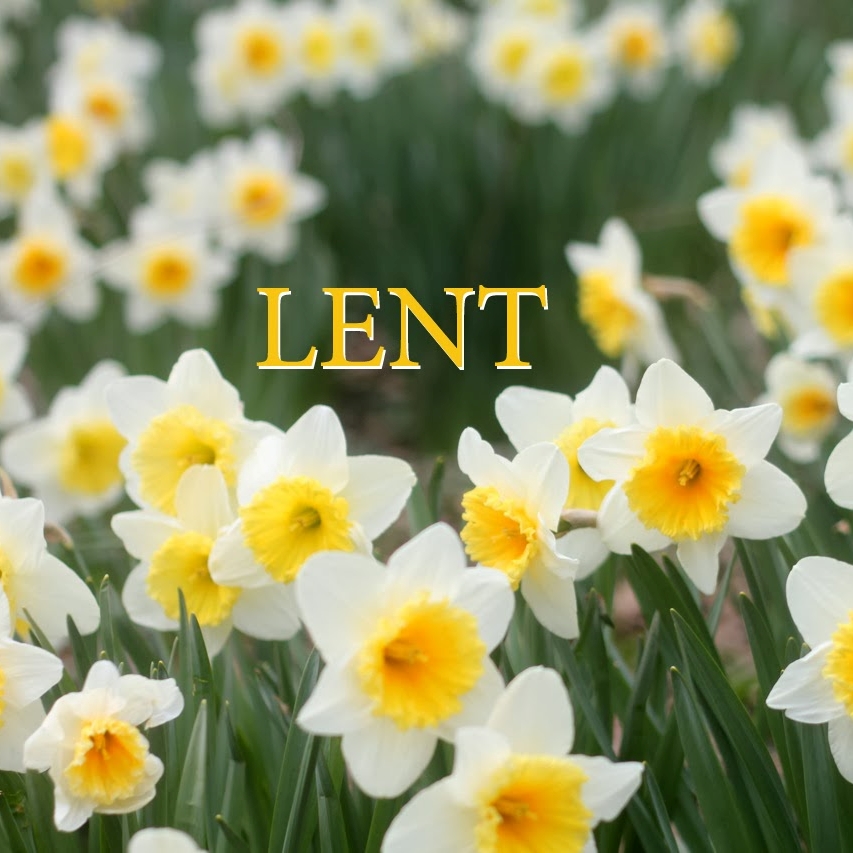Prayers of Approach
Amazing God, we truly can’t take in the fullness of your love for us. We need time to wait on you, and let you into our sorrows and joys. Lord God, cause our hearts to sing as we wait patiently on you, and witness to your healing power.
We thank you for sending us your Son, Jesus. Help us to see that he shared this earthly life fully, its joys and sorrows, triumphs and defeats, bliss and pain. May we draw comfort from the knowledge that he is with us in good times and bad, and understands all our experiences.
Jesus loved Mary, Martha and Lazarus – with a passion. They were as family to him. He felt compassion in their time of sorrow. He wasn’t afraid to show his emotion. People couldn’t understand why he had to let Lazarus die. But the best was yet to come. Lord, be with us through our sorrows. And show us the pathway to fullness of joy. Amen.
Hymn Breathe on me, breath of God (R&S 295)
Readings: Ezekiel 37:1-14
John 11:1-45
Introduction
Ezekiel’s visions of judgement and of restoration are equally radical. Because Israel was recalcitrant from the beginning, restoration is nothing less than the dead being brought to life. The prophetic word works a new creation, first forming the body and then bringing the breath of life. In the depths of their despair, considering themselves to be ‘cut off completely’, the exiles’ only hope is in the word and work of their God, who creates and renews and restores life.
Jesus’ dear friend Lazarus dies. Four days later, Jesus raises Lazarus to life and restores the faith of Lazarus’ sisters Martha and Mary that he is the Messiah. But in Bethany, only two miles from Jerusalem, Jesus’ own life is increasingly at risk from the authorities there. Lazarus brought back from the dead was contentious then, and still is today.
Hymn O breath of life come sweeping through us (R&S 302)
Sermon/Reflection
In our reading from Ezekiel, the Spirit of God and the word of the prophet revitalise hope-less Israel. His startling vision imagines Israel’s armies defeated in battle, their bones picked clean by vultures, bleached by the sun. But God’s word sounds out as it did in the beginning, breathing life, turning piles of dry bones first into skeletons then corpses, before revitalising them and raising them to their feet. It isn’t simply the resurrection of dead individuals or the spiritual renewal of a dejected community, but the restoration of the people of Israel, reborn after exile and returned to their own land.
In his Gospel John highlights the resurrection power of Jesus’ word. The story is about much more than Lazarus’ return to life. Lazarus’ resurrection is a sign of Jesus as ‘the resurrection and the life’. It also anticipates the general ‘resurrection of the dead’ – in popular belief this was associated with Israel being set free from foreign oppression. It’s not surprising therefore that the authorities are unsettled by popular interest in the revived Lazarus, and by the crowds drawn to Jesus when he finally arrives in Jerusalem.
I live quite close to the hospital and I have got used to the frequent sirens and flashing blue lights of the ambulances going past at all hours of the day and night. I don’t take much notice of them anymore but I imagine that I would feel very different if I was the one waiting for them to arrive. It’s harder to imagine how I would feel if I didn’t hear such a response to a 999 call, or worse still to be told there was no help available.
In the story of Lazarus, Jesus delays his journey – he arrives well after the funeral has taken place. He was their friend and their hope – he was their 999 call – but he didn’t arrive, he wasn’t there. If we were with Martha and Mary, how might we have felt? What would we say? Eventually, Jesus does arrive and Martha and Mary react in very different ways. Mary, who had sat at Jesus’ feet to listen while her sister did all the work, stays at
home while Martha goes out to meet him. Their conversation seems strangely unemotional at this point and yet there is much emotion in this story: the neighbours console, the sisters grieve, Mary weeps, Jesus weeps and is ‘disturbed’, and, more positively, we are told of Jesus’ love. But in the middle, Martha enters into a dry theological exchange with Jesus.
We see strong evidence of Jesus’ humanity as he weeps. But the point of the story is to demonstrate the divinity of Jesus as he raises Lazarus. Martha’s conversation with Jesus and her statement of belief in him as the son of God sets the scene for the demonstration of his power. For John this is the final ‘sign’ which shows who Jesus is. The combination of his humanity and divinity in this story help us towards an understanding of Jesus as the one sent by God. What do you think tells us most about Jesus? Is it the miracle of the Messiah calling dead Lazarus alive from the tomb? Or is it the picture of a very human Jesus wrestling with his emotions, perhaps even his fears and doubts, as he feels compelled not to respond immediately to the summons of Mary and Martha? What are we to make of the moments when Jesus seems uncaring? Do we feel uncomfortable by the way the grieving sisters are treated?
Ezekiel had addressed a nation that had lost heart and abandoned hope, the emergency services hadn’t come. All they could see was the bleached bones of their past history. The present and future held nothing. Ezekiel, an unlikely prophet of hope, had forecast doom, destruction and exile for the nation. And it had happened. Yet in their despair he declared that God had not abandoned them. It must have been difficult to face the mistrust and disbelief of a suffering people to bring a message of resurrection hope into such a situation.
And what courage it must have taken Jesus to confront that substantial fear of Jewish hostility articulated by the disciples, to face the sisters’ grief, and the mutterings of the neighbours, and finally to approach the tomb, unblocked and stinking, to give the command. The emphasis on uncomfortable human realities, the tears, the misunderstood words and actions, and the stench of decayed flesh, is deliberate. God does not wave a magic wand to produce a rosy, romanticised and unreal replacement for human life. God enters into human life to renew and refresh it from within – sore, raw and messy as it is. How can we bring a message of hope into today’s broken world where so many distrust ‘experts’ and authority figures and are looking for certainty, safety and security? What signs can we offer them?
Hymn Jesus the Lord says, ‘I am the bread’ (R&S 199)
Prayers of Intercession
Light of the world, we pray for those who suffer prejudice because of any kind of disability – physical, emotional, social or mental: help us to recognise our prejudices and to treat all people equally. Open our eyes that we might see.
We pray for all who work for a fairer and more just society, where all can be free to live, no matter what their circumstances. Open our eyes that we might see.
We pray for all who walk in darkness, with no light and little hope: may they know the joy that only you can bring. Open our eyes that we might see.
Heal those who mourn, suffering loss and sadness; those who are alone, rejected by family and friends; those who are outcasts in our society. Lord, show us how to be instruments of your healing. Open our eyes that we might see. Amen.
Hymn Living God, your joyful spirit (R&S 530)
Blessing
Lord, be with us on our journey of life. As we travel with you in the coming days, may we share your love and compassion with those we meet whose path is hard. Transform us, and transform them, with your life-giving love. Amen.
Prayers and other material (adapted) © Roots for Churches Ltd. Used by permission.







